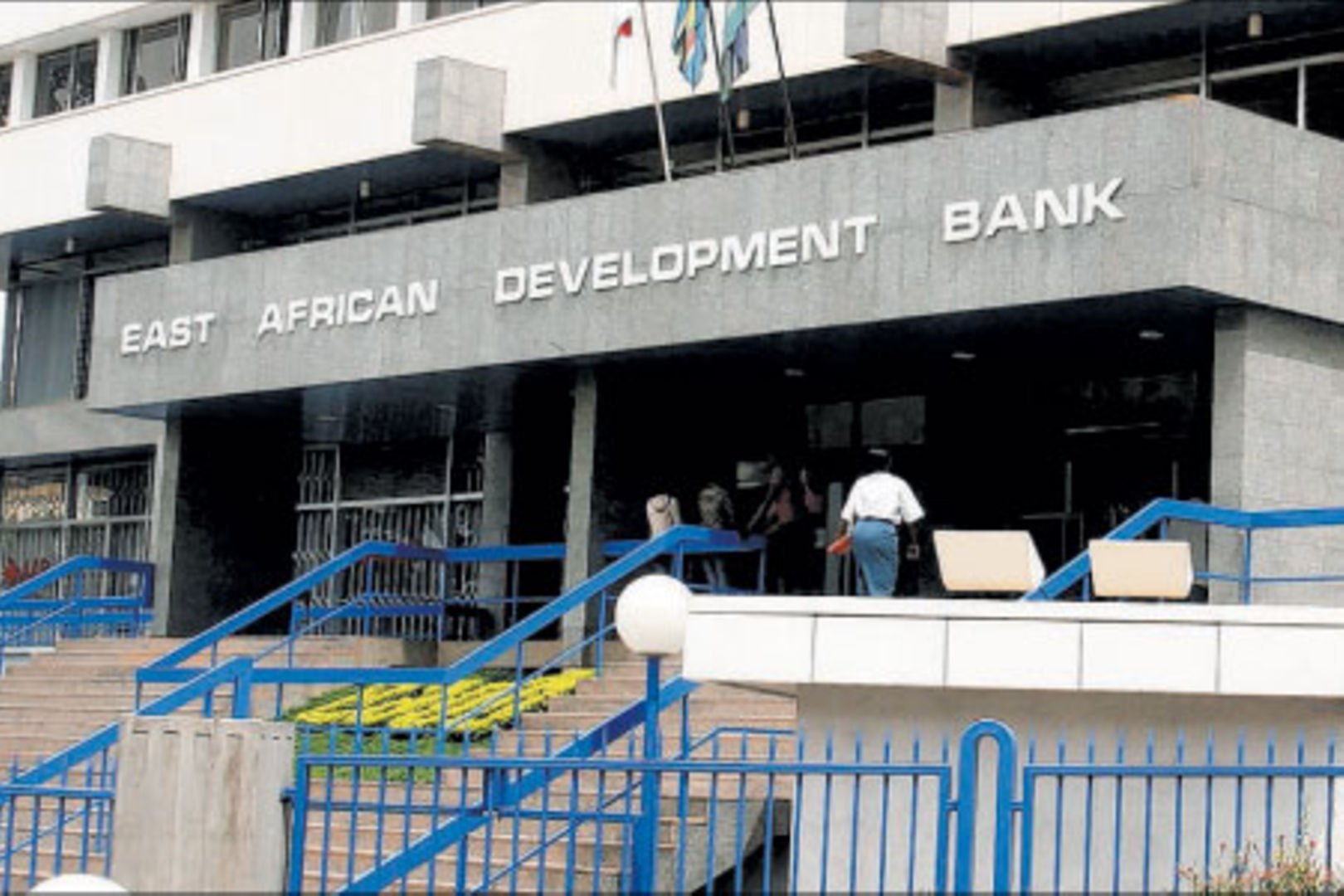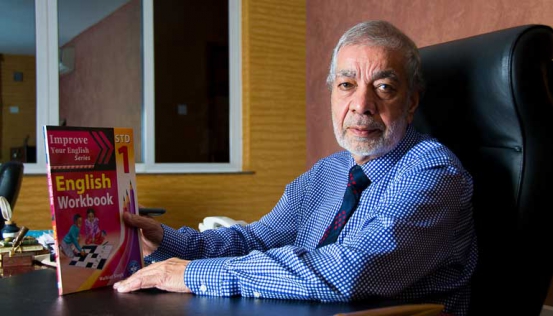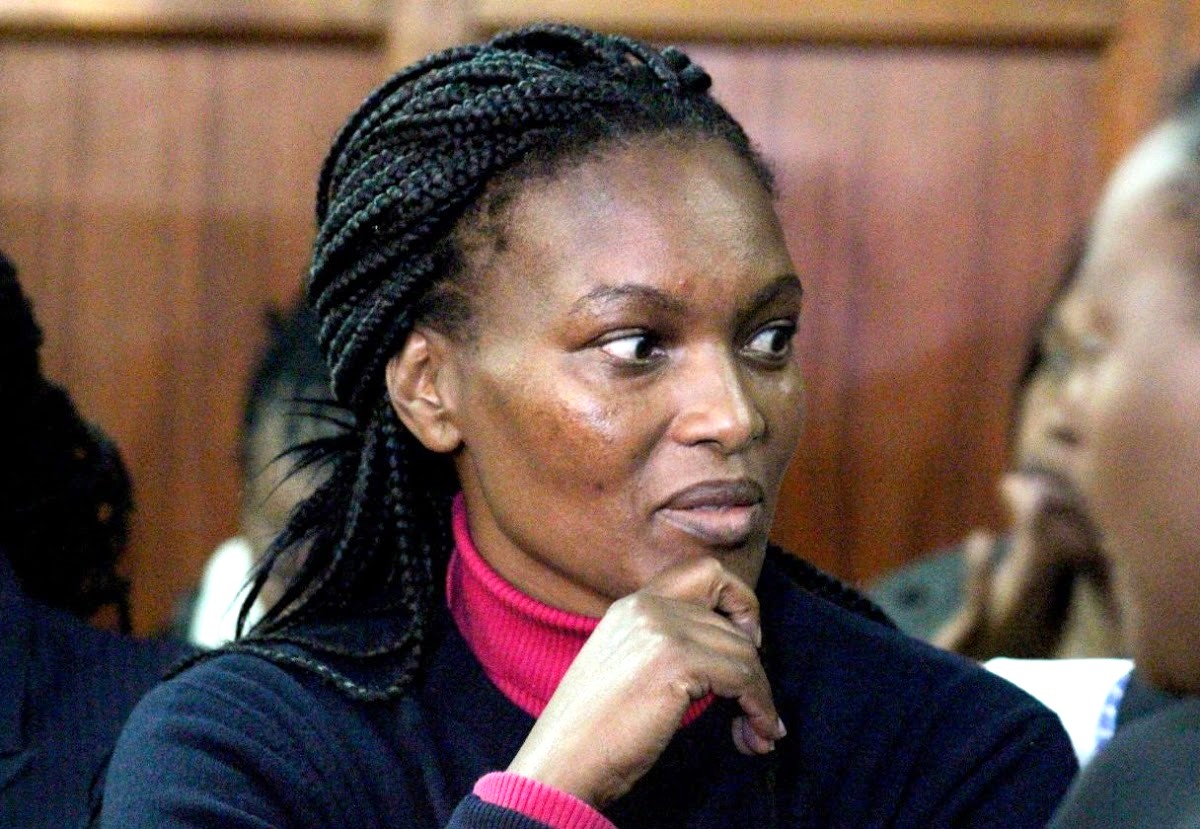By The Weekly Vision Security Correspondent
A deeply entrenched culture within the police has bred abuse of power, excessive use of force, and a lack of accountability, posing a serious challenge to professional policing in Kenya, the Independent Policing Oversight Authority (IPOA) Chairperson Ahmed Issack Hassan has observed.
He noted that the existence of institutions and statutes alone is not enough to adequately address these ills or to ensure that Kenyans have trust and confidence in law enforcement.
However, IPOA is stepping forward with a renewed sense of duty under its Strategic Plan 2025–2030 to correct decades-old setbacks. The chairperson gave this assurance to an audience gathered at the Kenya Medical Training College (KMTC) Nursing Hall, Kenyatta National Hospital, and to other Kenyans who followed the national broadcast from home.
Hassan told the participants, who included human rights defenders, survivors and victims of police excesses, police oversight partners, students, and concerned citizens, that despite numerous challenges, the Authority is developing innovative ideas to address complaints against the police.
“The point is, the culture, the customs, the traditions in the police system have not changed. We may have a new Constitution, a new Police Service Commission Act, a new Police Service Act, and an IPOA Act, but until we address the underlying systemic issues in the police, from recruitment to training, and ensure there is political will for proper civilian oversight, real change will remain elusive.”
The town hall advocated for sweeping reforms to enhance police accountability, increase funding for oversight bodies, and establish comprehensive victim support services. This followed a sobering International Justice Mission (IJM) baseline study released in September.
The report revealed that 42.9 per cent of Kenyans have experienced police abuse, with a staggering 56 per cent having faced extortion or corruption at the hands of the police. Of those affected, 63 per cent never reported the incidents, citing fear, frustration, or a belief that nothing would be done.
During the discussion, Hassan reiterated that the road to police accountability begins at the root, with the recruitment and training of police constables.
Beyond structure and strategy, he said, every Kenyan working in and around policing, including civil society, oversight bodies, the media, and the Service itself, must recognise that they are working towards one shared goal. “We are all working for the people of Kenya,” he said. “Whether it’s IPOA, NPS, CSOs, or even the media, the goal is one: service delivery and quality lives for all Kenyans.”
Hassan noted that since its inception, IPOA has received 34,988 complaints. From those, over 40 police officers have been convicted, an indication of the Authority’s commitment to justice and accountability within the Service, despite challenges such as understaffing, budgetary constraints, and a limited presence in the counties. “We must be facilitated to spread to all counties,” he urged, “so that the Authority’s services can be within the reach of every Kenyan.”
IJM Kenya Country Director Vincent Chahale emphasised the role of information in driving meaningful change. “We need to boost coordination and data sharing. Policy is informed by data,” he said. “We must invest in research and technology so that the policies we make in the NPS are grounded in real experiences.”
Former police spokesman Charles Owino, sharing insights from his years of service, highlighted the significance of the Authority. He said IPOA is often misunderstood as an adversary to the police, yet it plays a crucial role in supporting professionalism and even advocating for officers’ welfare.
“IPOA is a very important institution for the police,” Owino said. “Not only for overseeing their conduct towards the public but also for advocating their welfare and support as a Service. We have better housing for police because of IPOA’s voice and efforts.”
Feedback from participants confirmed that the journey towards a reformed police service must be a collective one, walked together, in partnership and good faith.
[/full]





